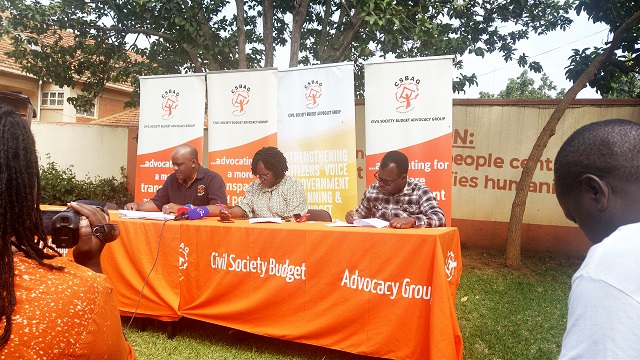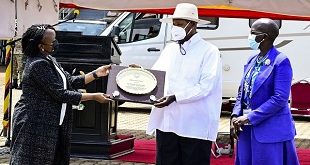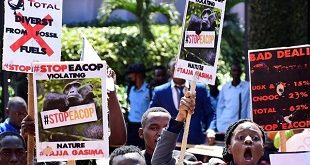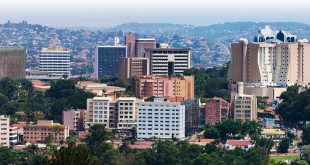
CSOs want government to renegotiate with the lender on funding key development projects
Kampala, Uganda | JULIUS BUSINGE | Following the World Bank decision issued on Aug.8 to stop new public funding to Uganda in relation to the passing of the anti-homosexuality bill into law, a group of civil society organizations under the umbrella group – Civil Society Budget Advocacy Group are calling on the government to renegotiate with the global lender.
In a statement issued recently, the group calls on the government to re-examine its spending patterns with the main objective of further cutting down on its public administration costs by reviewing the public service salary structure.
They also want the government to renegotiate with the World Bank on key project intervention areas that have a multiplier effect on Ugandans.
“There are certain programs that if not implemented, will dent our development outcomes,” the group led by Julius Mukunda, the executive director said.
The CSO group for instance says road maintenance and repair if not done will increase the cost of production; reduce investment in health and education systems which will likely reduce labour productivity in the long term.
CSOs also urged the government to request other lenders for a moratorium on debt servicing for at least three years and renegotiate with the bondholders to increase the bond maturity periods.
They also said that the Ministry of Finance should conduct a thorough review of ongoing and planned projects to rank projects based on a hierarchy of priority and then it can reallocate resources accordingly to help in mitigating the impact of funding shortages on critical sectors.
The World Bank has over the years, offered financing to support Uganda’s development agenda, and to date Uganda has 30 active World Bank Projects and 13 projects in the pipeline which amount to US$13.9bn (Shs51tn). Approx.US$ 9.5bn (Shs35tn) of this is for the 30 active projects and US$4.43 million (Shs16 billion) is for the 13 projects in the pipeline which are affected by the World Bank decision.
Uganda has the largest outstanding multilateral debt stock of Shs29.91trillion including arrears largely from the World Bank financing arm, the International Development Association which represents 55% followed by ADF with 19%, International Monetary Fund with 11 %, the International Development Bank with 5% and other funders.
Besides loans, Uganda also receives grants from World Bank and by the end of December 2022, the country had received grants amounting to US$204.6million, of which, the largest share of up to 85% was for Human Capital Development where education, health, water, and sanitation fall.
The World Bank has reassured the government that the ongoing projects to the tune of US$9.5bn(Shs35tn) will not be affected.
“This goes without saying that there will be increased scrutiny of how these projects are going to be implemented,” Mukunda told reporters at a press conference held in Ntinda on Aug.13.
“Third-party monitoring and grievance redress mechanisms will significantly increase, allowing us to take corrective action as necessary,” he added.
More worries
The CSOs said, the decision by the World Bank, being a major development funding partner might induce other development partners, especially from the Organization for Economic Cooperation and Development (OECD) countries to follow suit.
In this regard, a lot of uncertainty lingers as to whether the IMF will take a similar decision being the other Bretton Woods Institution apart from the World Bank. Analysts say this might cause uncertainty which is never good for business and economic growth projections.
CSOs warn that failure by the government to respond logically could result in an increase in economic inequality in Uganda amidst the rise in poverty as reported by the Africa Development Bank, Economic Outlook report, 2023, where poverty in Uganda increased by 4.2% in 2022 from 15.61 million Ugandans to 16.36 million.
Uganda has the third highest income inequality level in the East Africa Community at Gini-Coefficient of 42.7 and lagging behind Tanzania, Burundi, and Kenya.
“In the event that the government is forced to promote austerity-linked measures attributed to the suspension of the financing from the World Bank; economic inequality may further widen disparities in access to health, education, and other social services,” CSOs said.
President Yoweri Museveni has confidently written about this matter saying Uganda’s economic growth trajectory remains positive amidst World Bank’s decision given that the East African third largest economy expects its first oil by 2025.
 The Independent Uganda: You get the Truth we Pay the Price
The Independent Uganda: You get the Truth we Pay the Price


